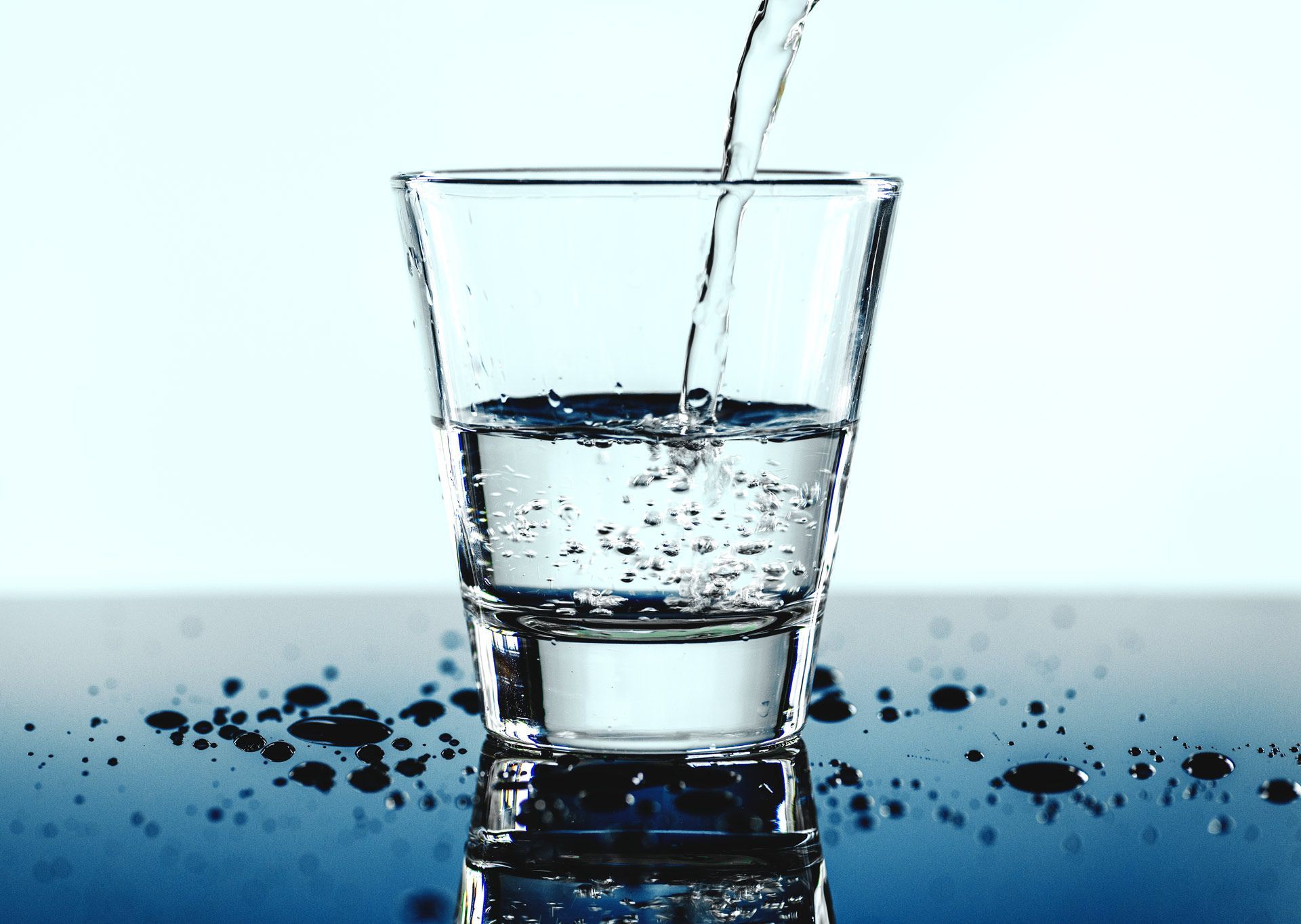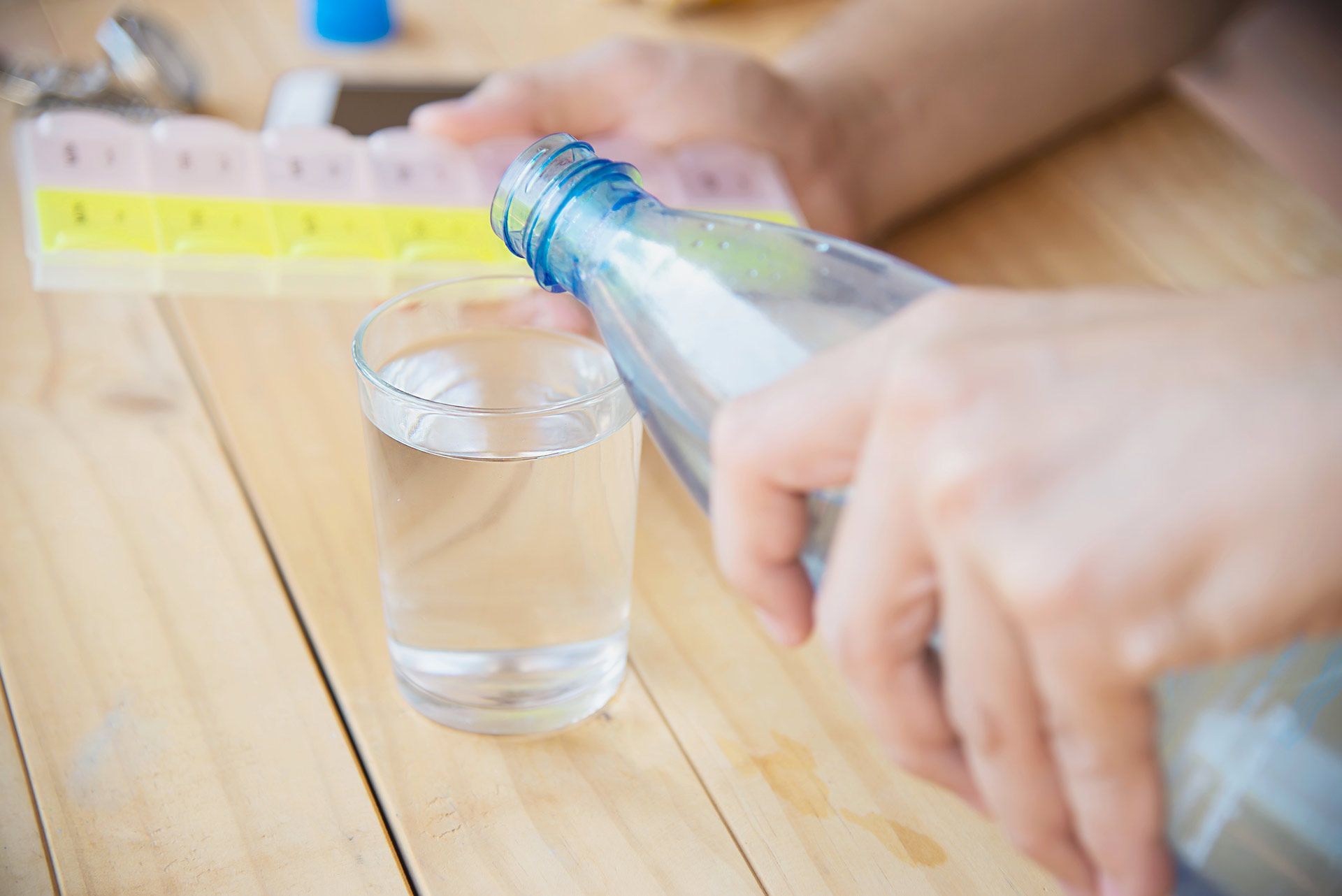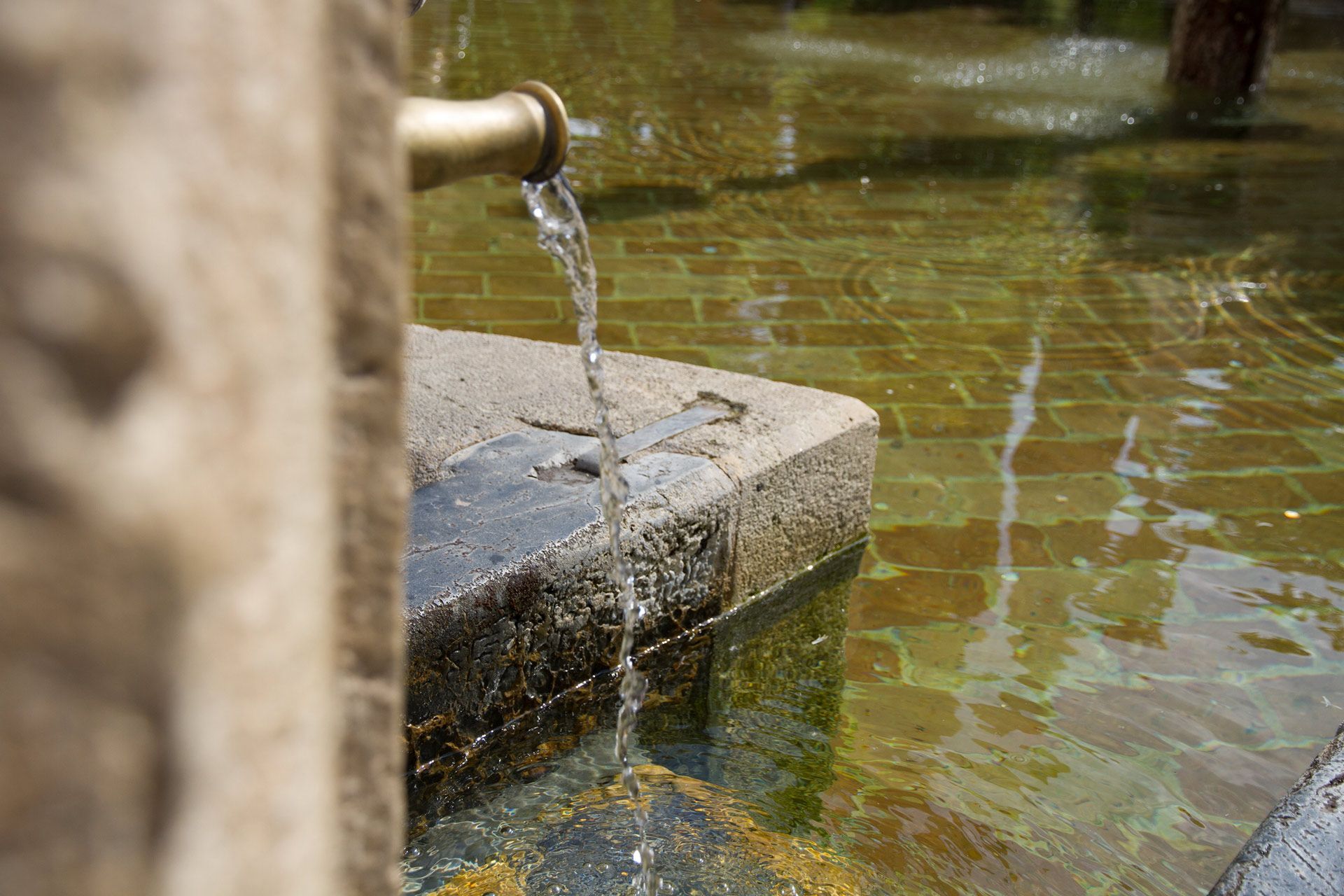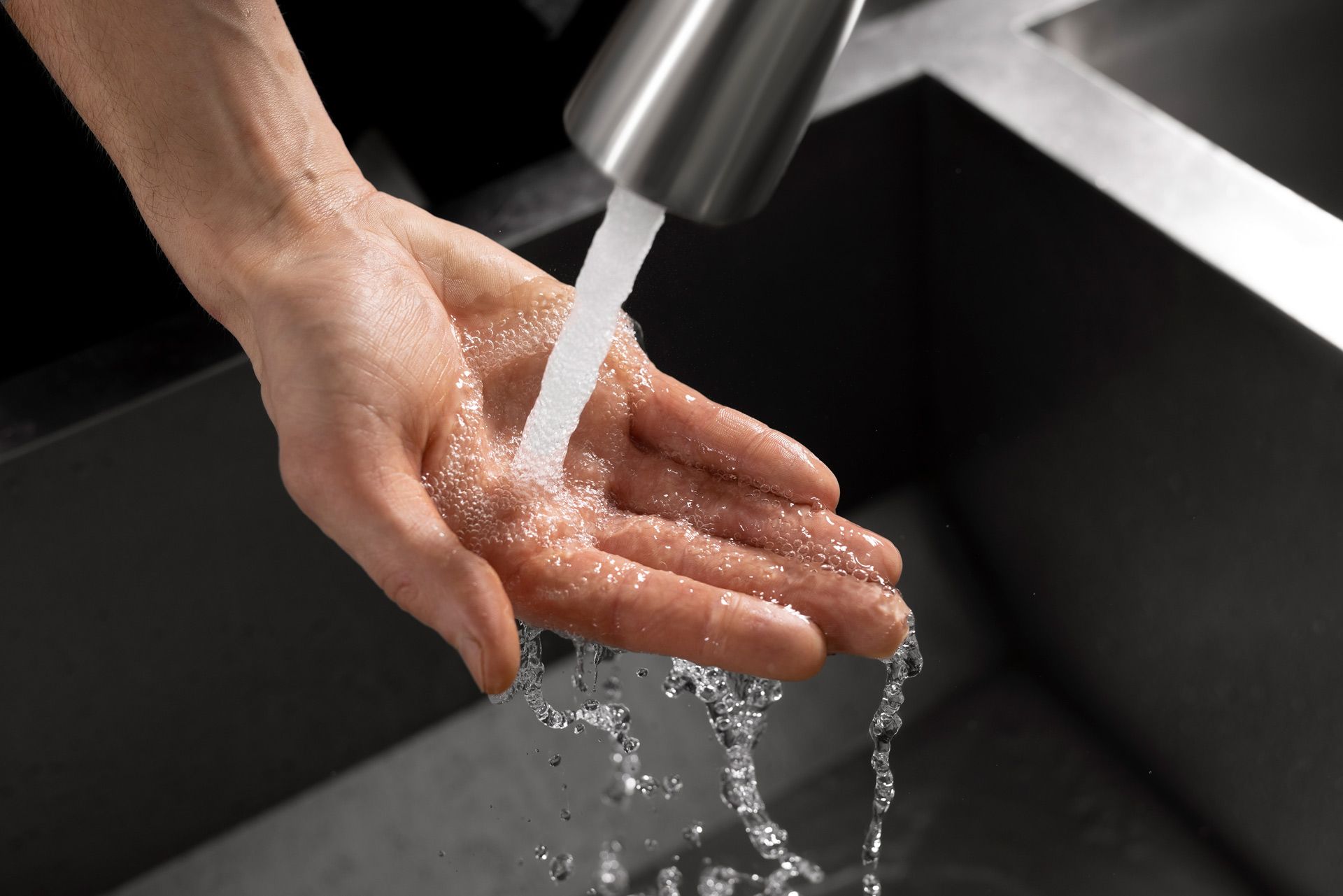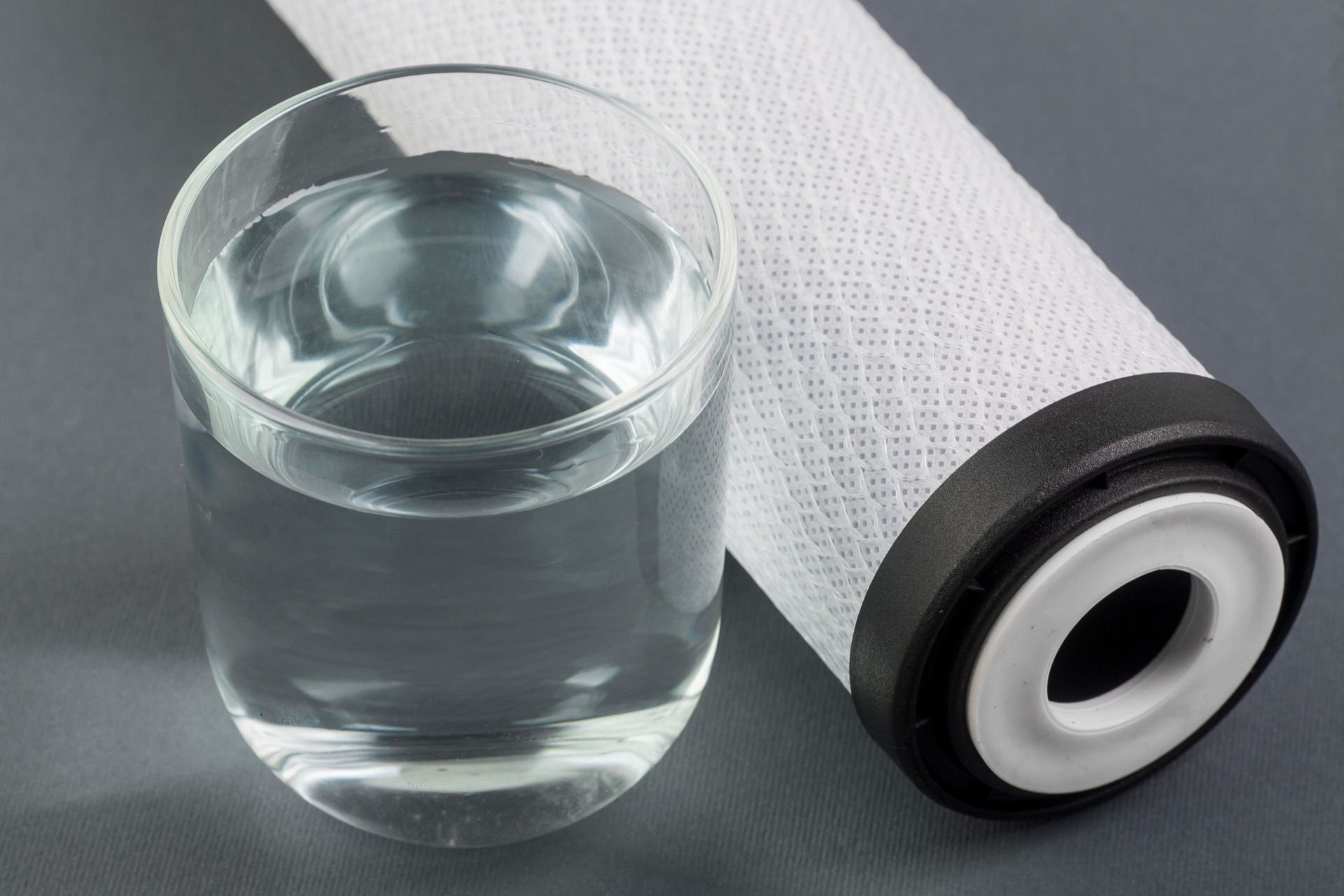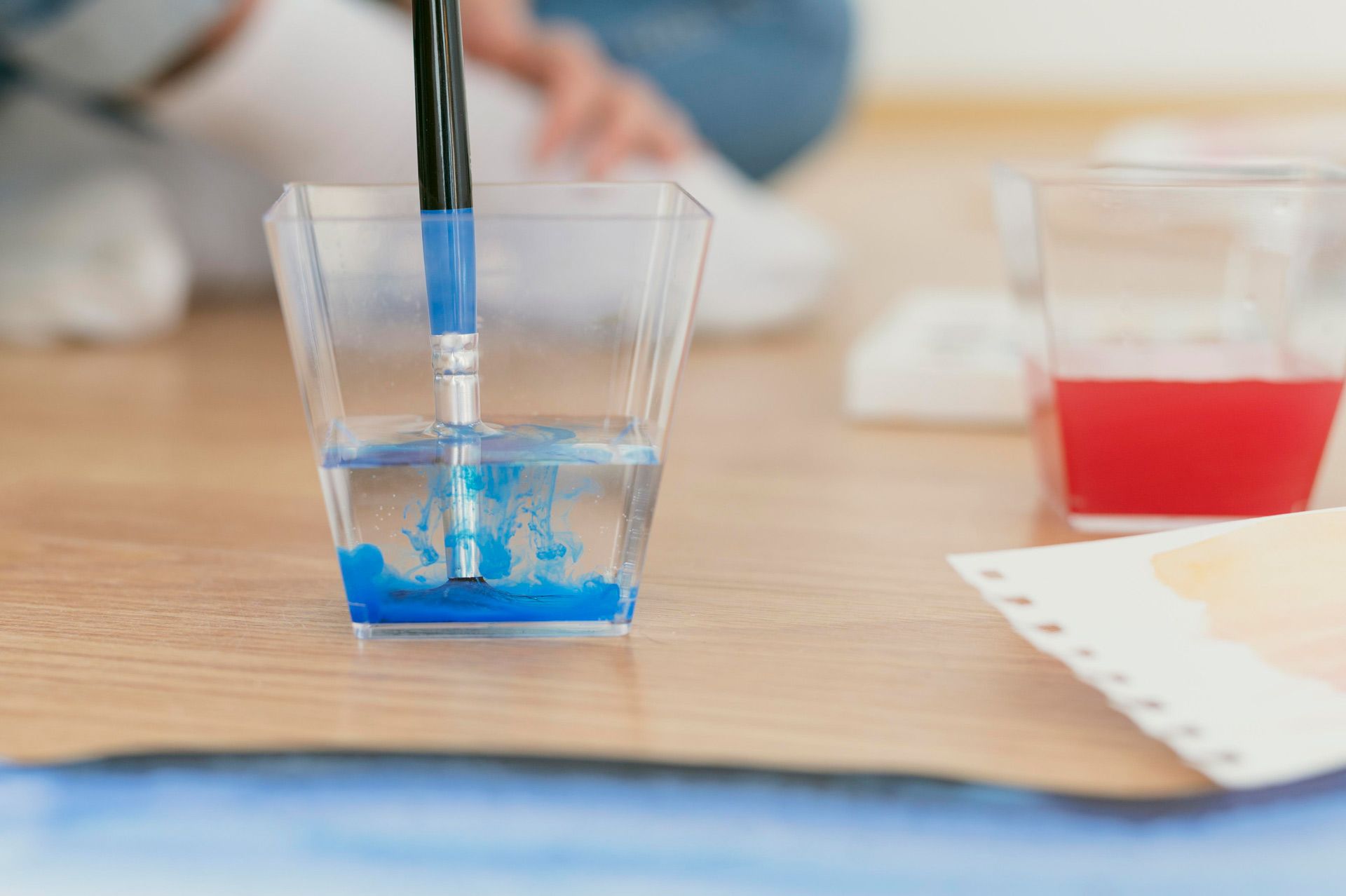Water Softener vs Reverse Osmosis: Which Is Right for Franklin Homeowners?
August 21, 2025
Introduction – Two Popular Water Solutions, One Important Choice
For many Franklin, Indiana households, hard water and water quality are ongoing concerns. White stains on dishes, dry skin, and even strange tastes in drinking water are all common complaints. To fix these issues, homeowners often consider two main solutions: water softeners and reverse osmosis (RO) systems.
But which one is right for your home? Should you choose a softener, an RO system, or both?
In this guide, we’ll cover:
- The difference between water softeners and reverse osmosis
- The pros and cons of each system
- Costs and maintenance considerations
- How Franklin homeowners can decide which solution fits best
Water Softeners – What They Do and Why They Matter
A water softener is designed to remove hardness minerals (calcium and magnesium) from water. Franklin and much of Central Indiana have especially hard water, which makes softeners a very common household need.
Benefits of Water Softeners
- Removes hardness: Prevents scale buildup on faucets, showerheads, and appliances.
- Protects plumbing and appliances: Extends the lifespan of dishwashers, washing machines, and water heaters.
- Improves cleaning: Soap and detergent work better in soft water, reducing residue on clothes and dishes.
- Comfort benefits: Softer skin and hair, fewer dry spots.
Limitations of Water Softeners
- Does not filter contaminants: A softener does not remove chlorine, bacteria, or other impurities.
- Salt refills and maintenance: Requires ongoing salt replenishment and system monitoring.
- Not designed for drinking water purification: It improves water feel and function but not overall taste.
Reverse Osmosis – What It Is and How It Works
Reverse osmosis (RO) systems are designed specifically for purifying drinking water. They push water through a semipermeable membrane that filters out a wide range of contaminants.
Benefits of Reverse Osmosis
- Removes contaminants: Eliminates chlorine, lead, arsenic, pesticides, and more.
- Great taste: Provides clean, crisp drinking water.
- Compact and convenient: Typically installed under a kitchen sink for drinking and cooking water.
- Low operating cost: Filters last several months to a year, depending on usage.
Limitations of Reverse Osmosis
- Limited to point-of-use: Does not treat all water in the home, only drinking/cooking water.
- Wastewater: Produces some wastewater during the purification process.
- Does not address hardness: Won’t stop scale buildup in plumbing or appliances.
Water Softener vs Reverse Osmosis – Key Differences
Both systems solve water problems, but they do so in very different ways.
Comparison Table
| Feature | Water Softener | Reverse Osmosis |
|---|---|---|
| Main Function | Removes hardness minerals | Removes contaminants (purifies drinking water) |
| Coverage | Whole-house | Point-of-use (kitchen sink) |
| Benefits | Protects appliances, reduces scale, softer hair/skin | Improves taste, safe drinking water |
| Limitations | Doesn’t purify water, needs salt refills | Doesn’t treat hard water, produces wastewater |
| Average Cost | $1,200 – $2,500 (installed) | $300 – $1,000 (installed) |
| Best For | Whole-home protection from hard water | Clean, great-tasting water for drinking and cooking |
How Franklin Homeowners Can Decide – A Simple Guide
Many homes in Franklin actually benefit from having both systems working together. Here’s how to decide what’s best for you.
Choose a water softener if:
- You notice scale on faucets, dishes, or shower doors.
- Your appliances wear out quickly.
- You want whole-house protection and easier cleaning.
Choose reverse osmosis if:
- You’re mainly concerned about drinking water taste and safety.
- You want bottled-water quality at home.
- You don’t mind point-of-use installation in the kitchen.
Choose both systems if:
- You want complete water treatment: soft water for your whole house and purified drinking water at your sink.
- You want to protect your home investment while also enjoying safe, great-tasting water.
FAQs – Franklin Homeowner Questions
Do I need both a water softener and reverse osmosis?
In many Franklin homes, yes. A softener removes hardness for the whole house, while RO ensures clean drinking water.
How much does reverse osmosis cost to install?
Most RO systems cost between $300 and $1,000 installed, depending on size and features.
Is softened water safe to drink?
Yes, softened water is generally safe. However, if you want to reduce sodium, chlorine, or contaminants, reverse osmosis is better for drinking.
Will an RO system work without a water softener?
Yes, but the RO filter may clog faster in areas with very hard water, like Franklin. Pairing both systems extends lifespan and improves performance.
How often do these systems need maintenance?
Water softener: Salt refills every 4–6 weeks, service checks annually.
Reverse osmosis: Filter changes every 6–12 months, membrane every 2–3 years.
Conclusion – The Right Choice for Franklin Homes
For Franklin homeowners, the decision isn’t always water softener vs reverse osmosis—it’s often water softener plus reverse osmosis.
- Use a water softener to protect your whole home, appliances, and plumbing.
- Add reverse osmosis for clean, great-tasting drinking water at your sink.
The best next step is to schedule a
local water test and system evaluation. That way, you’ll know exactly which solution—or combination—fits your home’s needs.



